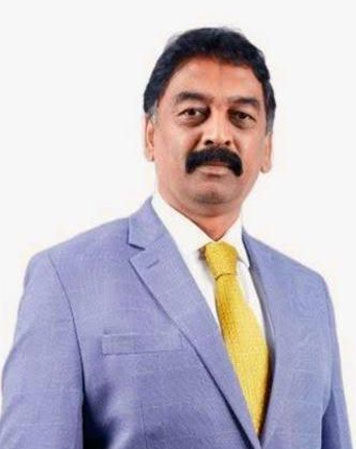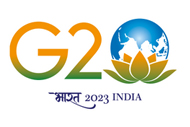From the Desk of Chairman

Dear Friends,
Despite a challenging global trade environment, India’s exports have shown remarkable resilience, registering 5.94% growth in cumulative exports (merchandise and services) during April–June 2025, reaching US$ 210.31 billion, compared to US$ 198.52 billion in the same period last year. This growth was driven by a 1.92% rise in merchandise exports (US$ 112.17 billion) and a strong 11% increase in services exports (US$ 98.13 billion). Notably, non-petroleum exports—a key indicator of sustainable trade growth—rose by 5.97% to US$ 94.77 billion, reflecting the diversification and competitiveness of India’s export basket.
On the SEZ front, while overall merchandise exports from SEZs recorded a 10% decline in March 2025, the annual performance for FY 2024-25 posted a solid 9% growth, touching US$ 69 billion. Certain zones demonstrated outstanding performance—Vishakhapatnam SEZ reported 56% annual growth, Falta SEZ achieved 32% monthly growth, and Noida SEZ recorded 63% monthly growth—although some larger zones faced headwinds.
In a significant policy development, the SEZ (Amendment) Bill, 2025, is expected to be introduced in the upcoming Monsoon Session of Parliament. The Bill proposes long-awaited reforms, including DTA sales on a duty-foregone basis, reverse job work, and INR payments for services rendered by SEZ units to DTA. Once enacted, these measures will enhance operational flexibility and improve the global competitiveness of SEZs.
Further positive strides include the restoration of RoDTEP benefits for SEZs/EOUs and resolution of SIMS account deactivation issues, addressing key industry concerns. As we navigate this dynamic environment, EPCES remains committed to advocating for policies that strengthen India’s export ecosystem. Let us continue to collaborate, innovate, and build on this growth momentum.
We are pleased to inform you that, following Government approval of the revised Articles of Association, elections for the Central Governing Council (CGC), Regional Governing Councils (RGCs), Vice Chairperson, and Regional Vice Chairpersons will be conducted during July–August 2025. We encourage all members to participate actively in this important process.
Together, let’s continue driving India’s SEZs export success story.
Warm regards,


